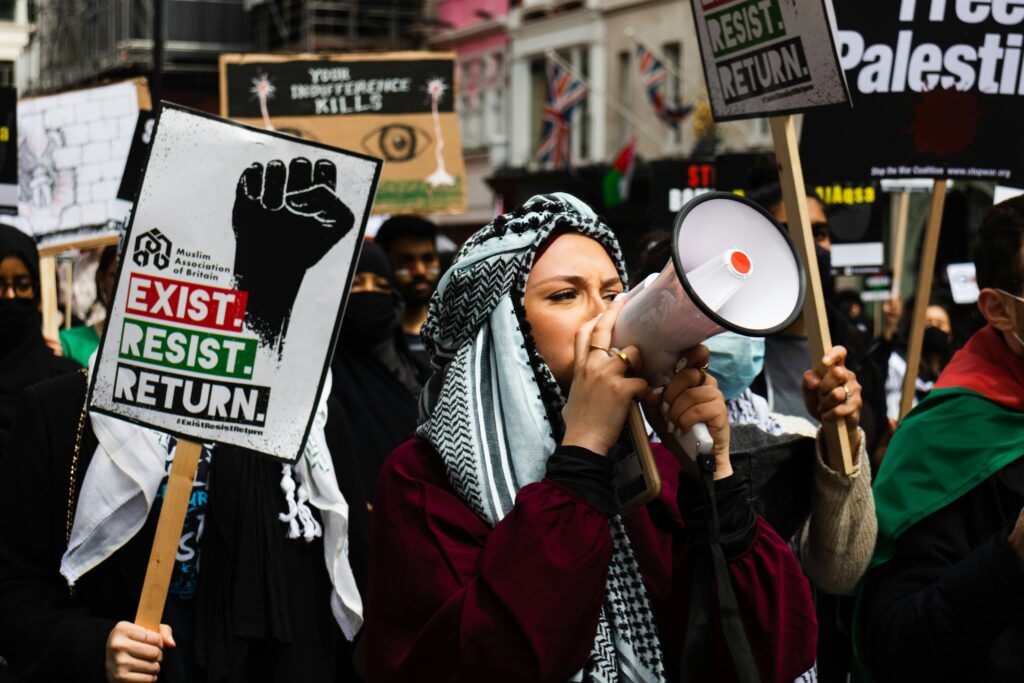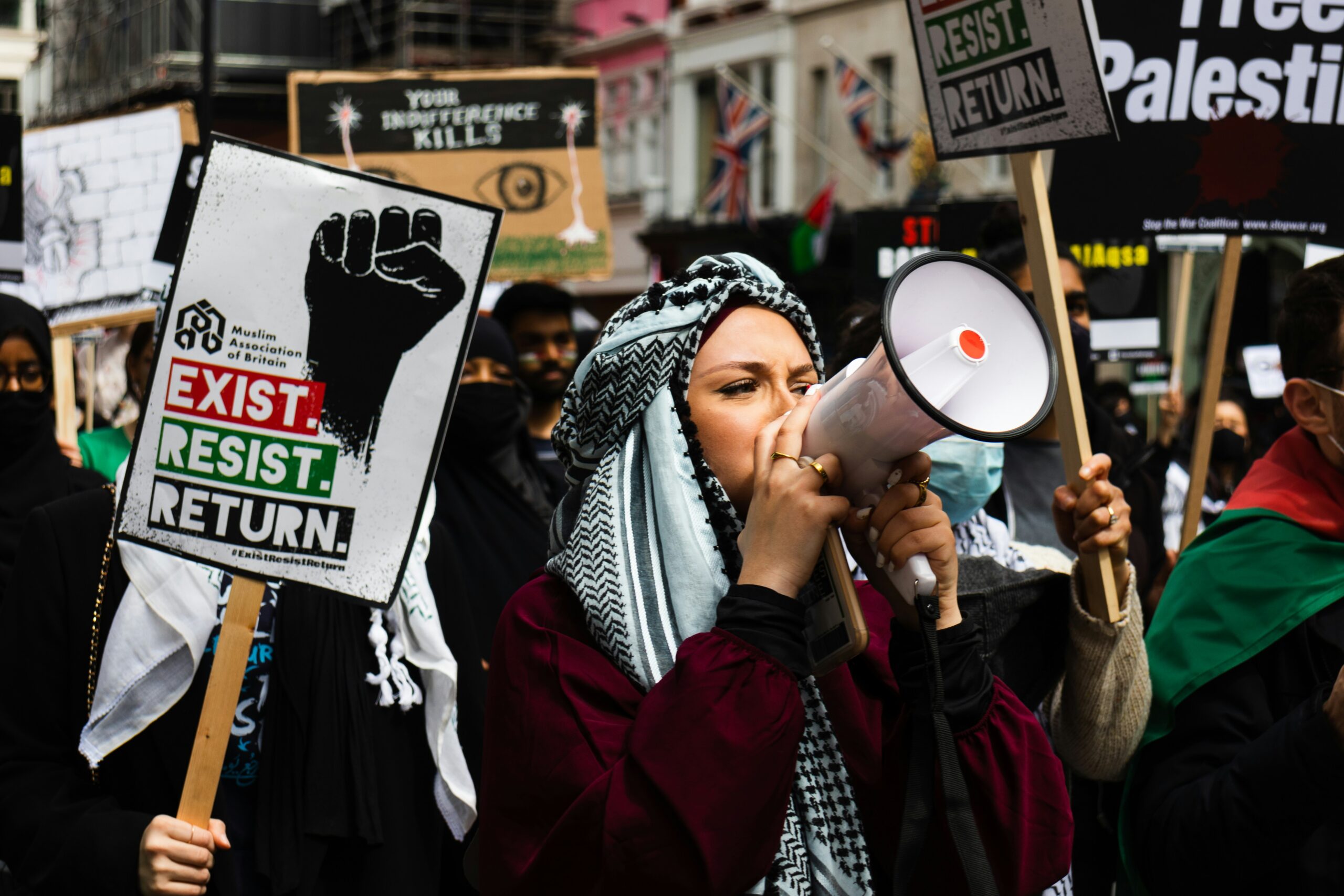
Israeli Attack Claims Lives of Journalists in Gaza
In one of the deadliest incidents for the press in recent years, Anas al-Sharif and four other Al Jazeera journalists lost their lives in Gaza after an Israeli airstrike targeted a press tent near al-Shifa Hospital’s main gate. The tragic event has sparked global outrage, drawing attention to the growing danger journalists face while covering conflicts and the disturbing rise in the killing of journalists in Gaza.
Details of the Incident
According to eyewitness accounts, the press tent was clearly marked with “PRESS” identifiers, making it unmistakable that it was a media zone. Journalists had gathered there to report on the worsening humanitarian crisis in Gaza — particularly the shortage of food, water, and medical supplies — when the attack struck.
The killing of journalists in Gaza under such circumstances has led many to question whether these were accidental casualties or targeted acts intended to suppress reporting from the region.
The Importance of the Incident
The death of Anas al-Sharif and his colleagues underscores the extreme risks that media personnel face in war zones. Reporting from Gaza has long been perilous due to the intensity of the conflict, but 2025 has seen an unprecedented rise in incidents involving the killing of journalists in Gaza.
Press freedom advocates warn that when journalists are silenced, the truth itself becomes a casualty. Without on-the-ground reporting, the world risks losing accurate, real-time information about the human toll of war.
Background on Al Jazeera and Anas al-Sharif
Al Jazeera is internationally recognized for its comprehensive coverage of Middle Eastern affairs, often providing perspectives overlooked by Western media outlets. Anas al-Sharif was a respected and seasoned journalist, admired for his unwavering commitment to telling the stories of those living under siege. His dedication to truth-telling, even in the face of mortal danger, had made him a prominent figure in Palestinian journalism.
His death, along with the deaths of his colleagues, represents not only a personal tragedy but a significant blow to independent reporting in Gaza.
International Reactions and Condemnation
The killing of journalists in Gaza has prompted swift condemnation from the international community. Media watchdog organizations such as the Committee to Protect Journalists (CPJ) and Reporters Without Borders (RSF) have demanded an independent investigation into the incident, citing violations of international humanitarian law.
Several governments and international human rights bodies have also issued statements denouncing the attack, calling it a direct assault on press freedom. They have urged Israel to comply with the Geneva Conventions, which explicitly prohibit targeting civilians — including members of the press — during armed conflicts.
The Broader Context: Press Freedom Under Siege
The press plays a vital role in holding power to account and ensuring transparency in times of war. The recent killing of journalists in Gaza adds to a growing list of similar tragedies, where reporters have been injured or killed while covering the conflict.
According to the Palestinian Journalists’ Syndicate, more than 70 journalists have been killed in Gaza since late 2023, many of them while clearly identifiable as members of the press. This trend has raised fears of a deliberate attempt to intimidate or silence media coverage from within the besieged territory.
Humanitarian and Legal Implications
From a legal standpoint, deliberately targeting journalists can constitute a war crime. Humanitarian law is clear: the press is afforded protection during conflict because journalists serve as the eyes and ears of the international community. When these protections are ignored, it erodes the foundations of international law and sets a dangerous precedent for future conflicts.
The killing of journalists in Gaza therefore not only deprives the world of critical eyewitness testimony but also undermines the principles of human rights and accountability.
Closing Thoughts
The tragic deaths of Anas al-Sharif and his colleagues serve as a somber reminder of the perils journalists face in conflict zones. Their loss is not just a Palestinian tragedy but a global one, as each instance of silenced reporting represents a story untold and a truth hidden.
As the international community grapples with how to respond, one fact remains clear: the killing of journalists in Gaza must end. Protecting the press is not optional — it is a moral and legal obligation that underpins the integrity of free societies everywhere.



